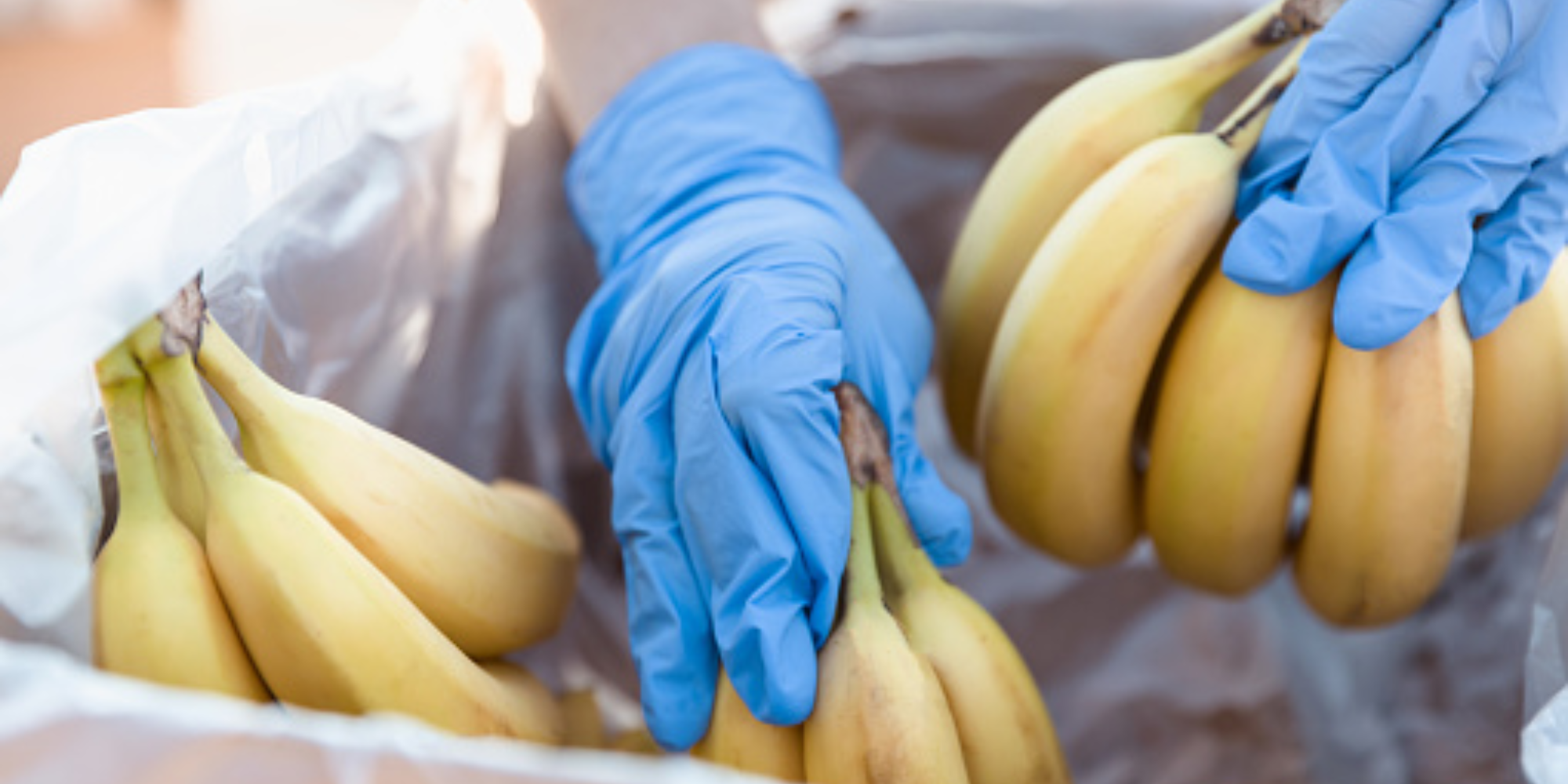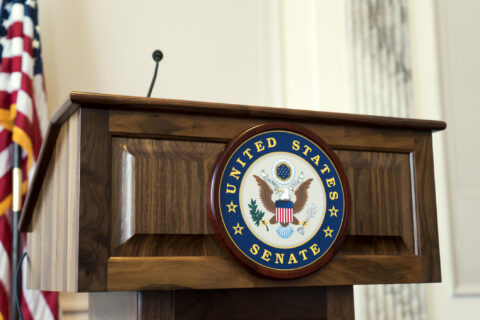No one could’ve predicted the enormous fallout from COVID-19. With millions out of work, the number of Americans without enough food skyrocketed. As cities across the country worked quickly to respond to their residents’ needs, the City of Saint Paul and Mayor Melvin Carter realized that food insecurity needed to be a priority: according to No Kid Hungry during the peak of the pandemic, 51% of parents reported skipping a meal, and 39% reported missing bill payments for other basic needs, such as rent or utilities, to afford food for their families.
“We knew that food insecurity and feeding people needed to be a priority,” said Mayor Melvin Carter. “At the height of the pandemic, 47% of American families were living with hunger nationwide, and many of them were experiencing food insecurity for the first time.”
In Saint Paul, George Floyd’s murder in neighboring Minneapolis further complicated the situation. Businesses closed to control the spread of COVID-19, while others shut down due to civil unrest. Public transit was also interrupted, making it more challenging for people to access grocery stores. Residents from all over the city flocked to food pantries and emergency food distributors while schools, area rec centers, and others that previously distributed food were also forced to close, leaving many families in limbo.
Primarily using U.S. Department of Agriculture (USDA) funding, administered by the Minnesota Department of Education and a portion of the CARES Act funding, the City partnered with Youthprise, a statewide intermediary with a strong network of community partners and a high-level of experience managing food distribution. “Many of these families needed support before COVID-19 and the USDA Child and Adult Care Food Program & Summer Service Program is consistently underutilized each year,” said Youthprise Nutrition Program Director, Christa DeBoer.
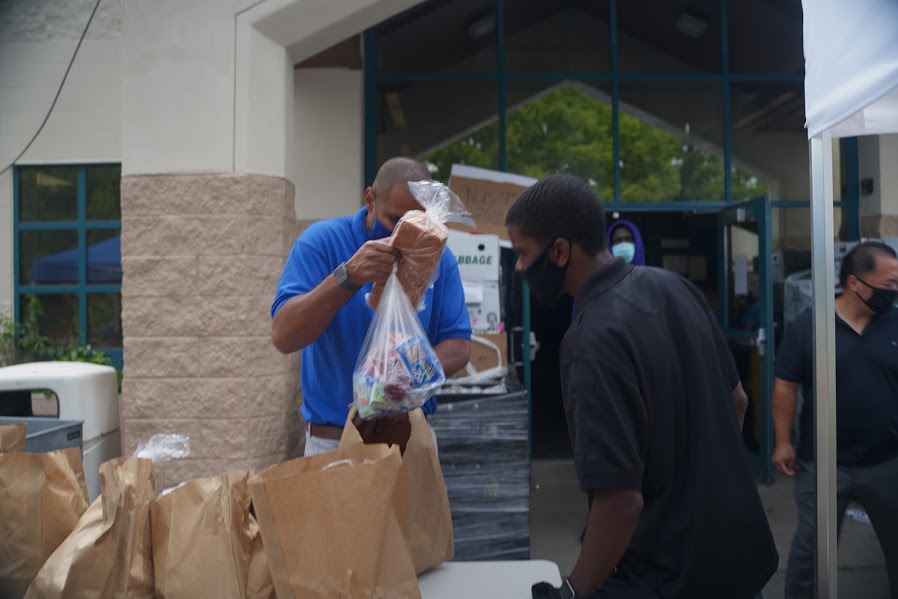
Mayor Carter and Tony Sanneh (former US and Liga soccer player and CEO of Sanneh Foundation) talking about the meal distribution 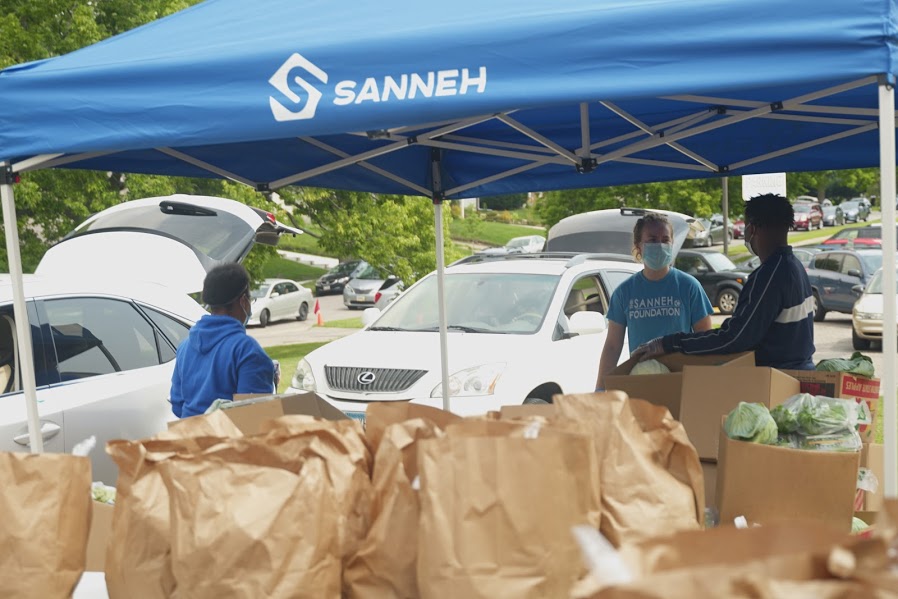
A long line of cars with the meal distribution team at front 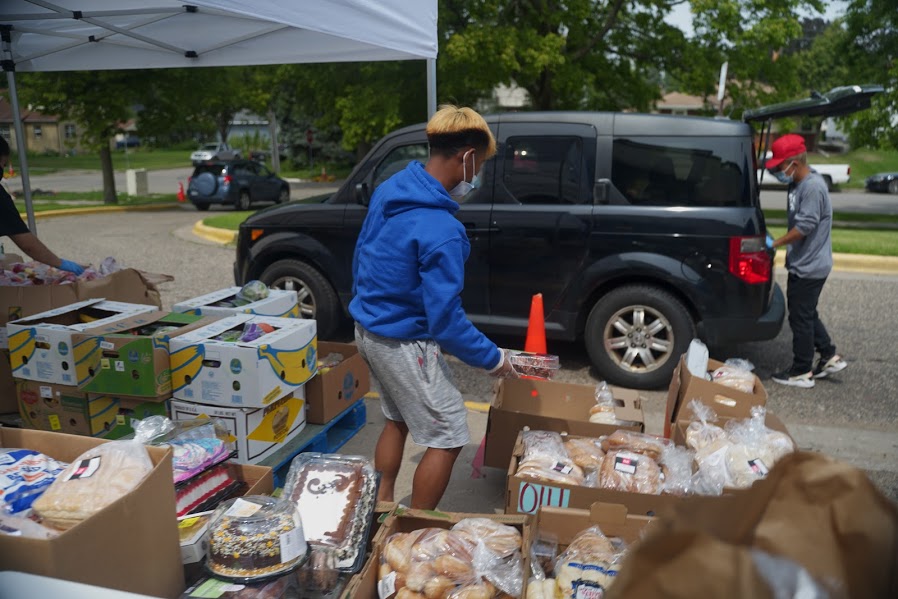
Team putting meals in the back of the car with ample meals at the foreground
Youthprise was in a prime position to serve as an anchor partner for the City in the COVID-19 response. “It’s been truly fulfilling to work with Mayor Carter to address food insecurity in Saint Paul,” said Vice President of Youthprise, Marcus Pope. “30 years ago, we both attended afterschool programming at the Hallie Q. Brown Center and now we are working together to ensure children in need are served at Hallie Q Brown and other sites across Saint Paul.”
Addressing food insecurity required strong collaboration between the Mayor’s Office, Saint Paul Public Schools, and partners like Youthprise. Five recreation centers across the City reopened to serve food. CARES Act funding was used to ensure these centers were properly furnished with necessary supplies and that the staff were provided personal protective and hazard pay. Our food distribution model was also enabled by funds granted to Youthprise from the McKnight Foundation, Cargill Foundation, General Mill Foundations and other local foundations.
We knew that food insecurity and feeding people needed to be a priority,” said Mayor Melvin Carter. “At the height of the pandemic, 47% of American families were living with hunger nationwide, and many of them were experiencing food insecurity for the first time.
Mayor Carter, City of Saint Paul
During COVID, meal distribution increased by nearly 800% serving over 1 million meals in St. Paul due to the quick and thoughtfully executed response from the city. Right out of the gate, our partnership was distributing nearly 40,000 meals per week.
While strides have been made in the past year in providing meals to those who need it most, food insecurity will likely remain an issue for many families. “The initial blow may have eased up, but the problem hasn’t gone away,” said Mayor Carter. “The good news is, that because every state has access to the USDA funding, with the right partnerships this can easily be replicated nationwide.”
Over the past year, the City of Saint Paul and its community partners showed that with a clear vision, quick thinking and the support of partners, progress can be made in addressing food insecurity even during a pandemic.
The author would like to extend special thanks to Hallie Q. Brown, Arts Us, Neighborhood House, and The Sanneh Foundation. These recreation centers continue to serve as distribution hubs and are currently serving thousands of families each week with nutritious meals.
